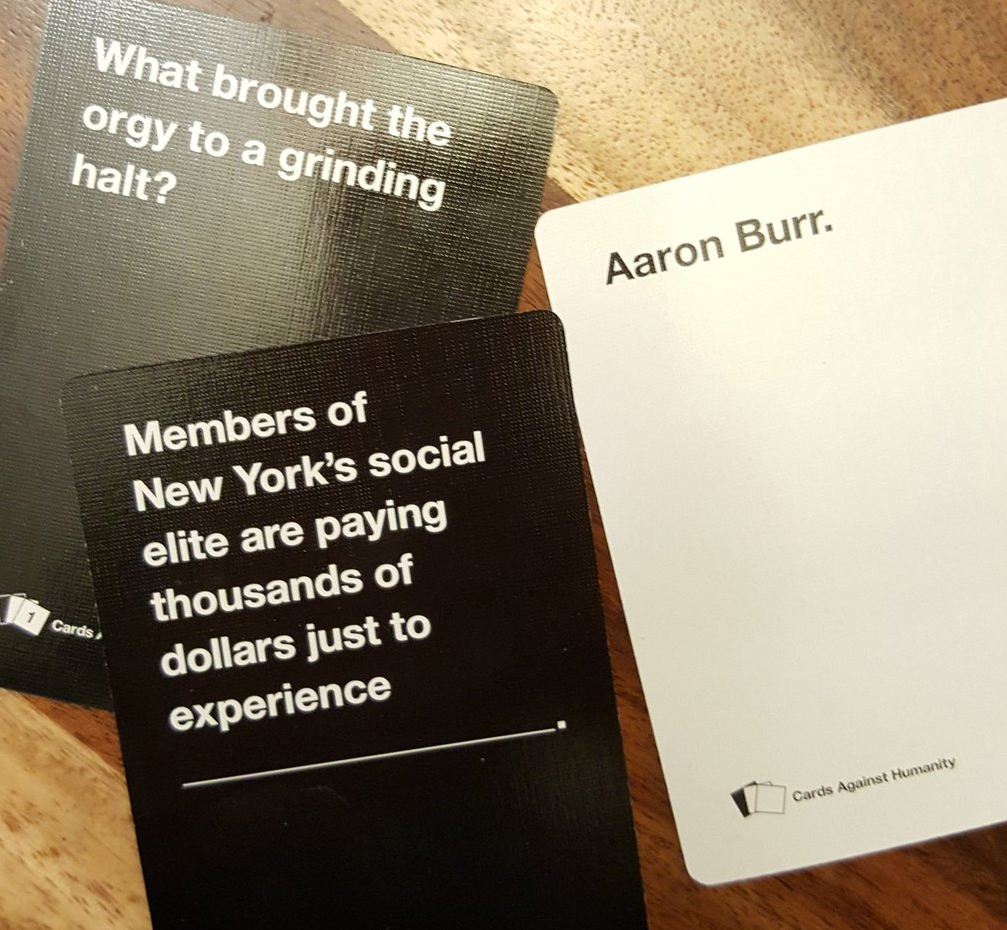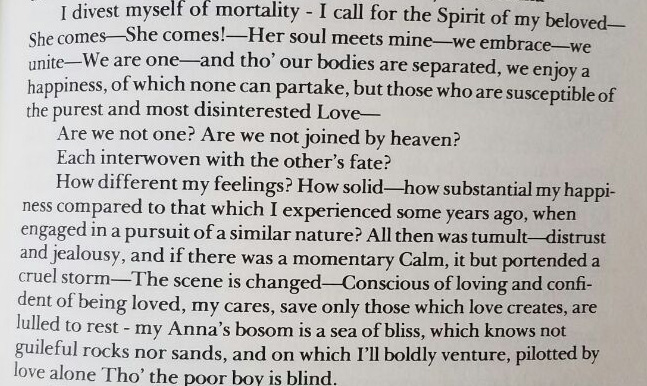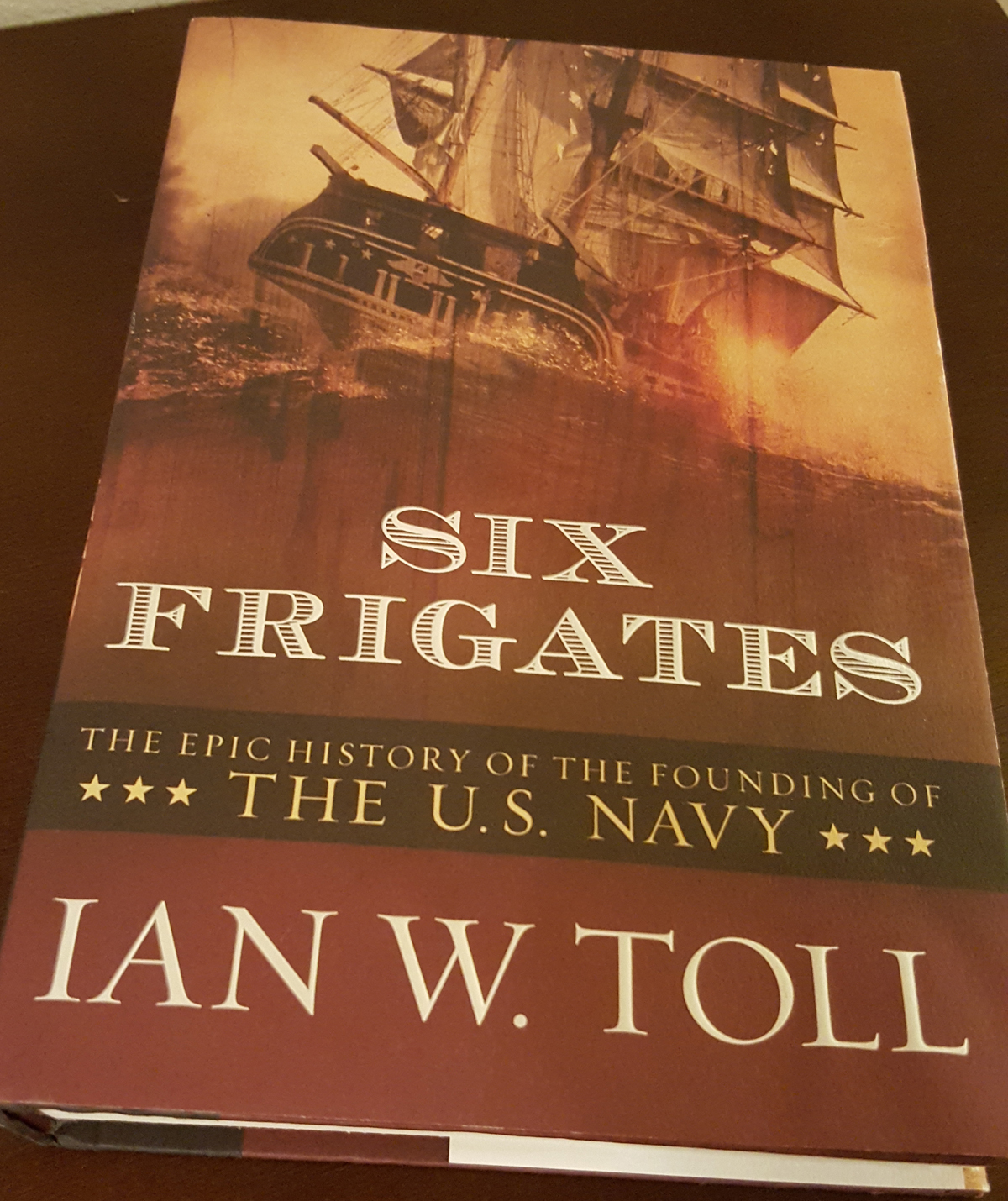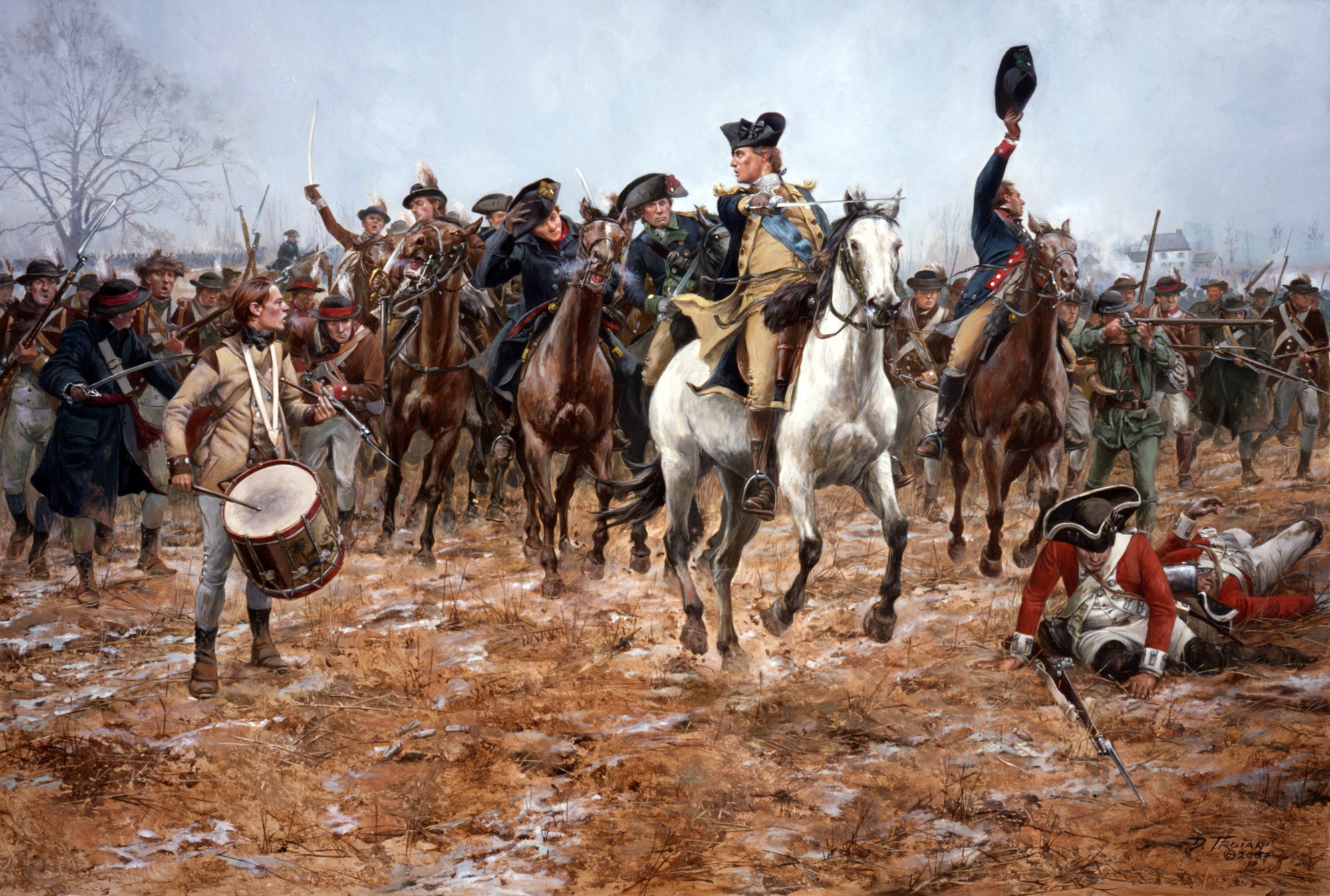Alexander Hamilton seemed to suffer from digestive ailments for much of his life, along with the usual fevers acquired by people of his era. He was sick a lot, and as he got older it just got worse. I believe, as many others do, that he worked himself into this condition. Though he was shot and killed at age 47, it could be said that he might not have lived that much longer anyway, unless he did something to slow down his constant work and travel and stress. That was unlikely.
This letter was written to Hamilton by his good friend James McHenry in 1778, shortly before Hamilton’s twenty-second birthday. It is evident that he was suffering from constipation, for McHenry prescribes an elaborate special diet for his “accumulations,” along with mysterious pills, of which we know not the contents, though surely some kind of laxative. I love the whole of this letter, but one of my favorite lines is “This will have a tendency also to correct your wit”, which implies a certain amount of humor between the two. I have tried to figure out what was meant by this sentence — would the diet improve his mood, his attitude, his ability to make jokes? Unknown.
It is a fascinating glimpse into the diet of the time, during the war, and into what people believed was healthy. It is one of those little things that makes history endlessly interesting.
[Fredericksburg, New York, September 21, 1778]
Sir,
In order to get rid of your present accumulations you will be pleased to take the pills agreeable to the directions; and to prevent future accumulations observe the following table of diet.
This will have a tendency also to correct your wit.
I would advise for your breakfast two cups of tea sweetened, with brown sugar, and coloured with about a teaspoonful of milk. I prefer brown sugar to loaf because it is more laxitive, and I forbid the free use of milk until your stomach recovers its natural powers. At present you would feel less uneasiness in digesting a pound of beef than a pint of milk.
You will not drink your tea just as it comes out of the pot; let it have time to cool. The astringency of the tea is more than counterbalanced by the relaxing quality of the hot-water.
For your dinner, let me recommend about six ounces of beef or mutton, either boiled or roasted, with eight or ten ounces of bread. Cut the meat from the tenderest part with little or no fat & use the natural juice, but no rancid oily gravy whatsoever. For some time I would prefer the beef, because it contains more of a natural animal stimulii than mutton. Once or twice a week you may indulge in a thin slice of ham. Your best condiment will be salt.
You must not eat as many vegitables as you please; a load of vegitables is as hurtful as a load of any other food. Besides the absurdity of crouding in a heap of discordant vegitables with a large quantity of meat [is] too much of itself for the digestive powers. You may eat a few potatoes every day.
Water is the most general solvent—the kindliest diluent, and the best assister in the process of digestion. I would therefore advise it for your table drink. When you indulge in wine let [it] be sparingly—never go beyond three glasses—but by no means every day.
I strictly forbid all eatables which I do not mention principally because a formula of diet for your case should be simple and short.
Should this table be strictly observed, it will soon become of little use, because you will have recovered that degree of health, which is compatible with the nature of your constitution. You will then be your own councellor in diet, for the man who has had ten years experience in eating and its consequences is a fool if he does not know how to choose his dishes better than his doctor.
But in case you should fall into a debauch, you must next day have recourse to the pills. I hope however that you will not have recourse to them often. The great Paracelsus trusted to his pill to destroy the effects of intemperance, but he died (if I forget not) about the age of 30 notwithstanding his pill. Lewis Cornaro the Italian, was wiser; he trusted to an egg, and I think lived to above ninety.
For Colonel Hamilton
Septr.  21  1778   McHenry.









